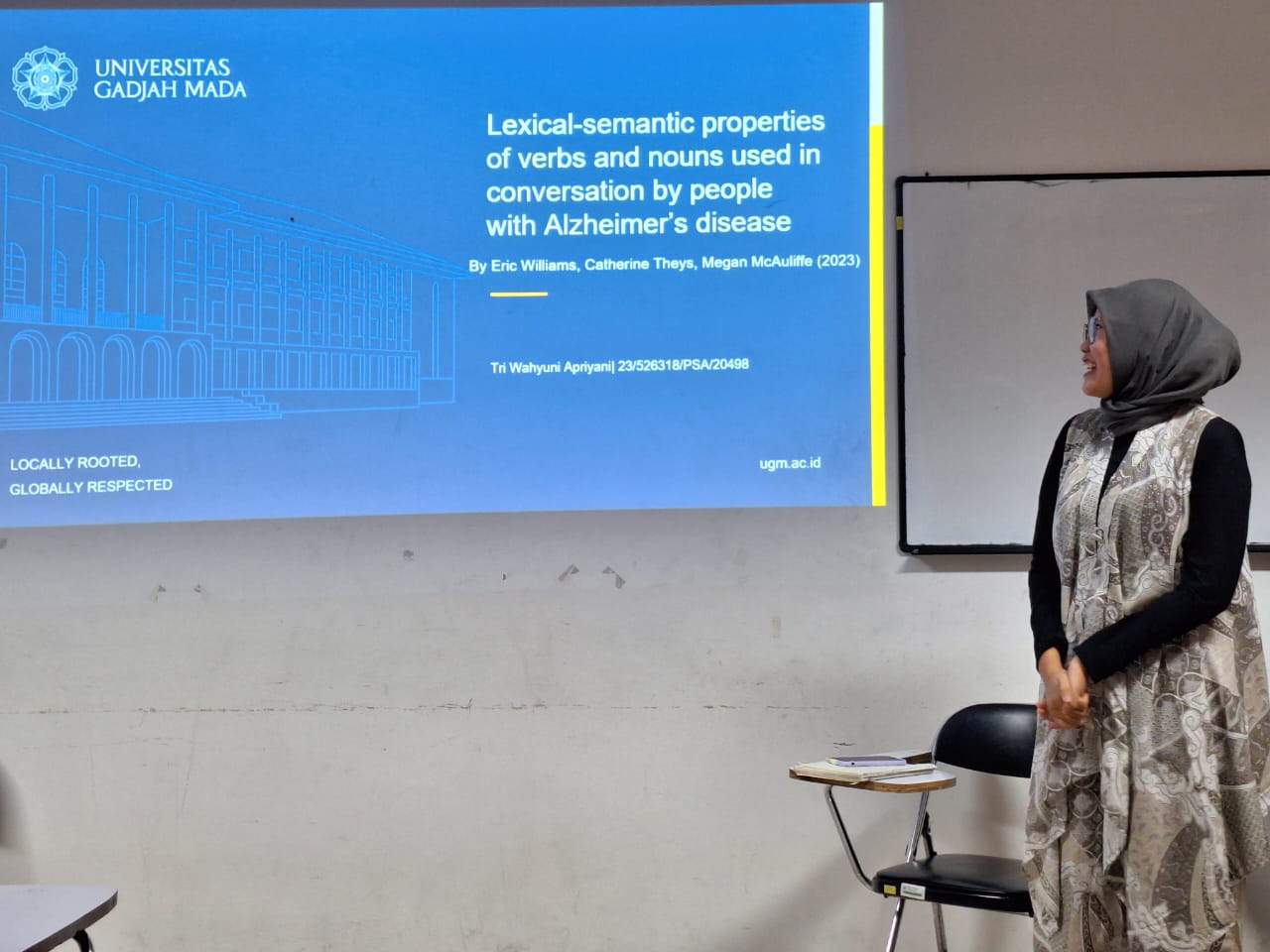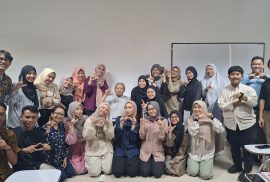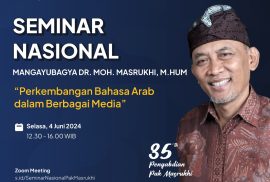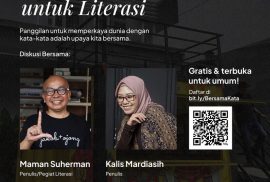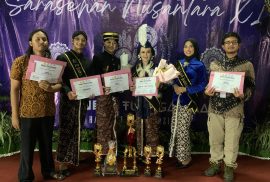Linguistics study program is one of the master level study programs at the Faculty of Cultural Sciences, Universitas Gadjah Mada. The vision of the study program is to become a linguistics study program with superior quality, national insight, active and responsive to language problems and linguistic development, and able to become a reference study program in the Asia Pacific region in 2025. To achieve this vision, one of the missions carried out by the study program is to educate linguistics graduates with a master’s degree who are able to apply the linguistic knowledge they have obtained to solve various social problems and are able to dialogue and partner with foreign scholars in an effort to establish mutually beneficial intercultural cooperation. This is evidenced by the requirement for students to use their respective regional languages when presenting in Psycholinguistics courses.
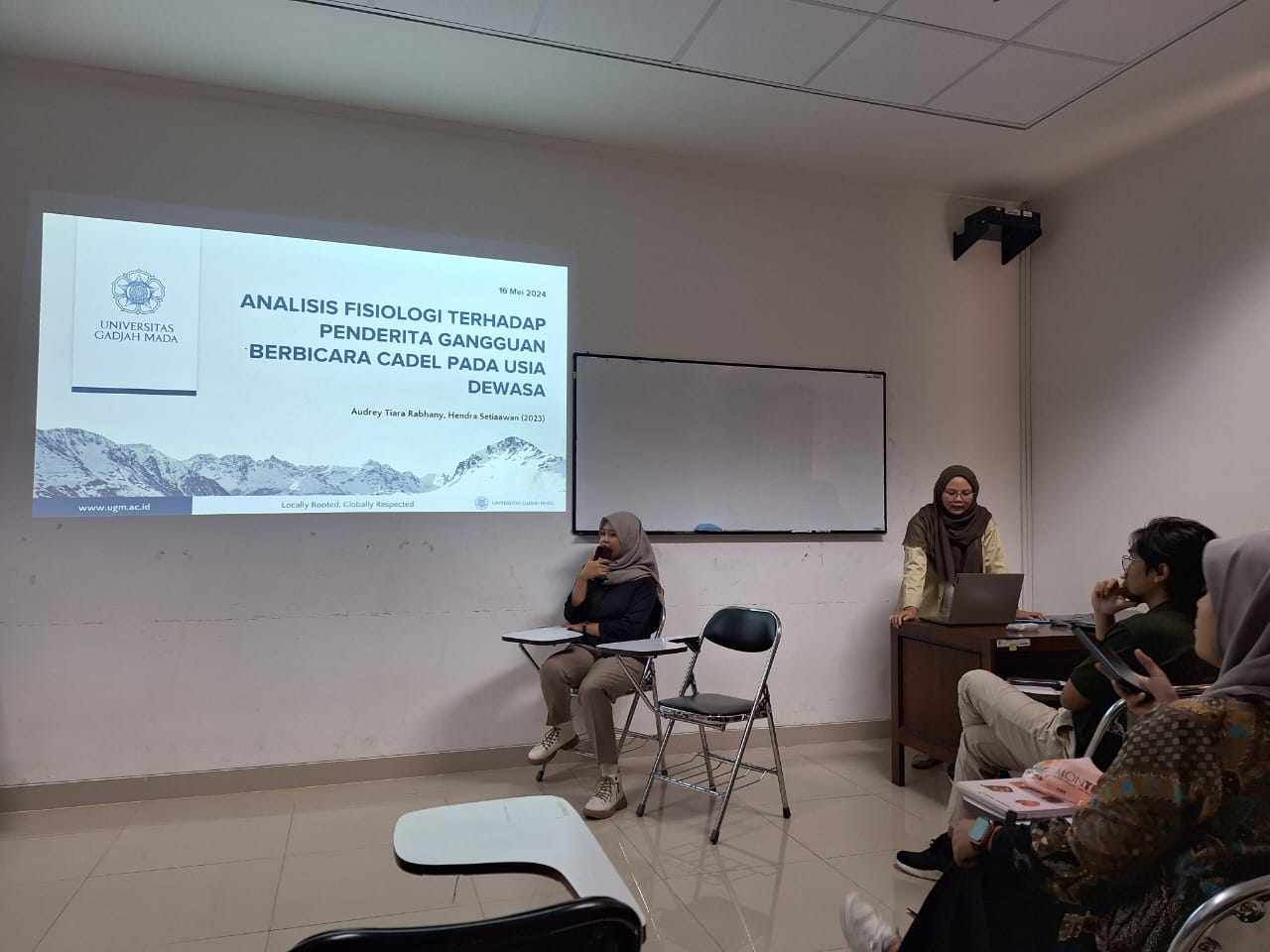
Psycholinguistics is a field that studies how humans create and use language. Psycholinguistic theory views language as a means of conveying information, focusing on the view that language is the result of human habits. In essence, psycholinguistics seeks to explain how language structures are formed, used and understood in the process of communication. From this focus, a psycholinguistics lecturer at the Faculty of Cultural Sciences, Universitas Gadjah Mada, Drs. Tatang Hariri, M.A., Ph.D., took the initiative to utilize the condition where his students come from various regions to introduce their respective native languages. This aims to be a direct example of how different languages occur and so that local languages are preserved and not lost.
